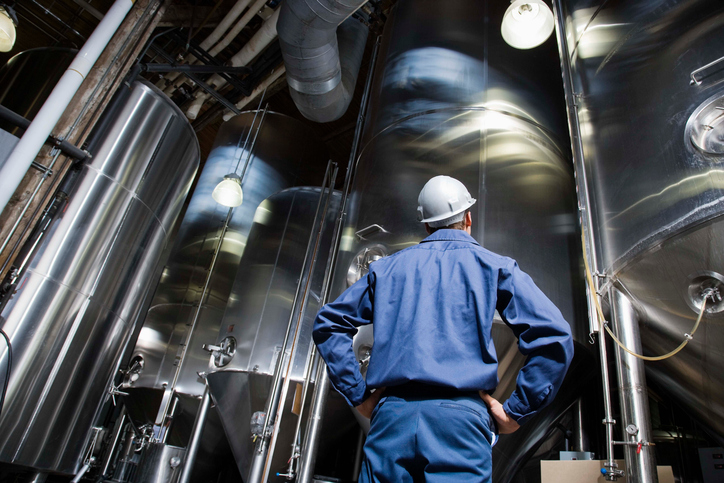A survey conducted by the BLOOM Centre for Sustainability has found that the majority of craft breweries in Ontario understand the need to improve their water and resource management performance.
Garnet Pratt Siddall, President and CEO of Side Launch Brewing Company and Chair of Ontario Craft Brewers, said the survey confirms that the craft beer industry takes environmental issues seriously.
“Ontario’s craft brewing industry is experiencing tremendous new growth and success,” said Pratt Siddall. “To become a North American centre of excellence in craft brewing, we’ll need to be leaders in every area of the business, which includes minimizing water and resource use and moving towards a vision of zero discharge operations.”
The survey found that a majority of craft breweries plan to take progressive steps in 2017 to improve their water and resource management practices.
 Courtesy, BLOOM.
Courtesy, BLOOM.
“Issues with the economic and environmental impact of water use and wastewater management are grabbing their attention,” said Kevin Jones, president of BLOOM. “We’re especially pleased to see such a high percentage of surveyed breweries taking action to divert and prevent materials such as spent yeast from going down the drain and increasing the strength of the wastewater.”
Haliburton Highlands Brewing is an example of a growing number of craft breweries that are thinking about sustainable resource management at the design stage.
“We are not connected to any municipal water infrastructure, which means we have to be good water stewards and resource managers” said Michael Schiedel-Webb, Haliburton Highlands Brewing Co-owner and Head Brewer. “This necessity has become a passion and a fundamental aspect of our brewery operations.”
Schiedel-Webb explains how Haliburton Highlands integrated water, energy, and resource management in process design and equipment selection to benefit their business and the environment from BLOOM on Vimeo.
In rural communities where craft breweries are major industrial employers the discharge of large volumes of high-strength wastewater creates a burden at municipal treatment facilities.
Darren Smith, the owner of Lake of Bays Brewing in Baysville, Ontario agrees that keeping brewing by-product from going down the drain creates dollar savings and good neighbourly relations.
“If you put things down a drain they’re not going away,” said Smith. “They’re just going someplace where someone else has to deal with them.”
Ontario craft breweries are located in more than 100 communities across the province, with more than 140 craft breweries and 50 contract breweries employing over 1,500 workers.
Visit the BLOOM Centre for Sustainability for more information on their programs and the Ontario Craft Brewers to learn more about the province’s craft brewing sector.









